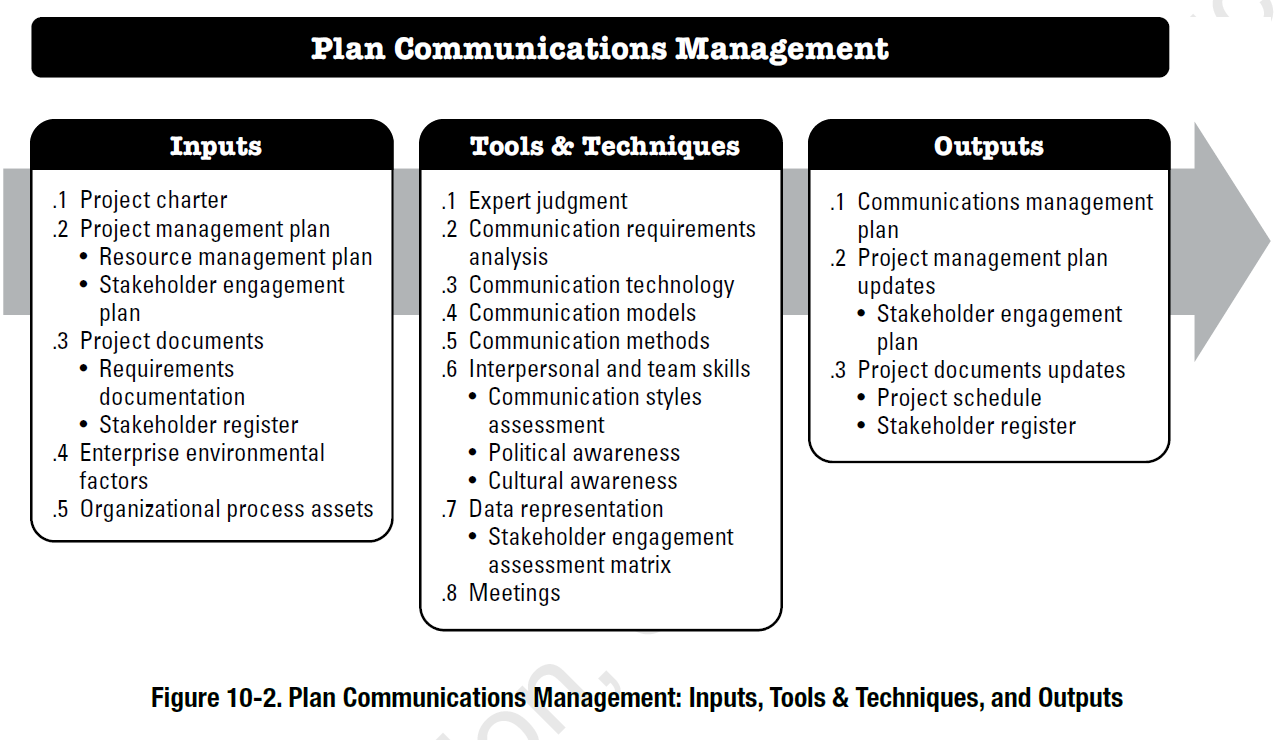
Waste Management Washington offers garbage and trash collection, recycling, landfill support, and other services throughout Washington. Both residential and business customers can use their services. They also provide information regarding the benefits of recycling as well as waste reduction. They provide information about solid waste management costs and public awareness. Continue reading for more information.
Recycling
Washington's waste management system is increasingly reliant on recycling. In the past, the state's solid waste management program would ship three-quarters of all recyclable materials to China for processing. These days, most recyclables may be recycled within the United States or within the state. The program assists communities and businesses in the Pacific Northwest to reduce and reuse as much waste as they can.
The state is implementing a system of fees for businesses that produce recyclable materials, requiring them to pay a fee based on the amount of waste they generate. These fees go towards Recycle BC which coordinates recycling efforts in the state.

Public awareness
A recent study has revealed that waste management in Washington is improving. According to the Department of Ecology of Washington, there were more than three lbs of garbage recycled per person per day in 2013. According to the department, recycling garbage will grow by one percent each year. However, there are still hurdles to recycling. These include language barriers as well as infrastructure issues. Communities can employ strategies such as partnerships, incentives and certifications to overcome these obstacles.
Any waste management program must be publicized. Because waste is a byproduct of human activity, everyone must learn how to properly manage it. It requires the right legislation, strong technical support, and adequate funding. The public must be made aware of these issues and encouraged to participate.
Costs
Washington, D.C.’s public transfer stations are in serious financial trouble for many years. Taxpayers in the District have been paying up to $50 per ton for waste disposal. Although the District raised the cost by $10, it still increased its waste removal costs. According to some reports, the city spends more that $50 million per year on garbage pickup and processing.
The public transfer stations are not profitable and need repairs and upgrades. Fort Totten station will be upgraded by the District for $4 million. To make matters worse, trash is thrown away from the suburbs.

Solid waste management is a business activity.
Washington State has many companies that handle solid waste. Sanitary Service collects trash from the streets and recycles it. LeMay is another company offering solid waste collection services, recycling, and transport services. They also offer services such as site development and earth work. GK Industrial Refuse Systems in Washington and Silver Springs Organics in Washington are also involved in solid waste disposal. Both companies are committed helping the environment by reducing waste.
Involvement of the Government
Washington has made a strong commitment towards recycling and reducing waste. The state developed a solid-waste management plan to help meet this goal. This plan provides strategies for reducing waste, toxics, and preventing pollution. The program provides permits for large industrial facilities. Washington is able to reduce pollution and keep toxic substances out of its environment. The plan also outlines policies that will help the public make more informed decisions on how to dispose off waste.
Washington State Department of Ecology established a goal of reducing food wastage by half by 2030. This goal is comparable to both the U.S. and international targets. In late 2021 the department of ecology collaborated with other agencies and created a plan called Use Food Well Washington. The plan outlines numerous policy recommendations and includes input from stakeholders.
FAQ
Six Sigma is so popular.
Six Sigma is easy to implement and can produce significant results. It provides a framework that allows for improvement and helps companies concentrate on what really matters.
How do we create a company culture that is productive?
A culture of respect and value within a company is key to a productive culture.
It's based on three main principles:
-
Everybody can contribute something valuable
-
People are treated fairly
-
Individuals and groups can have mutual respect
These values are evident in the way that people act. They will show consideration and courtesy to others.
They will respect the opinions of others.
And they will encourage others to share ideas and feelings.
Company culture also encourages open communication, collaboration, and cooperation.
People feel safe to voice their opinions without fear of reprisal.
They know mistakes will be accepted as long as they are dealt with honestly.
The company culture encourages honesty and integrity.
Everyone knows that they must always tell truth.
Everyone understands there are rules that they must follow.
And no one expects special treatment or favors.
What is the difference of a program and project?
A program is permanent while a project can be temporary.
A project usually has a specific goal and deadline.
It is usually done by a group that reports back to another person.
A program often has a set goals and objectives.
It is usually done by one person.
Statistics
- 100% of the courses are offered online, and no campus visits are required — a big time-saver for you. (online.uc.edu)
- The BLS says that financial services jobs like banking are expected to grow 4% by 2030, about as fast as the national average. (wgu.edu)
- The average salary for financial advisors in 2021 is around $60,000 per year, with the top 10% of the profession making more than $111,000 per year. (wgu.edu)
- This field is expected to grow about 7% by 2028, a bit faster than the national average for job growth. (wgu.edu)
- Our program is 100% engineered for your success. (online.uc.edu)
External Links
How To
How can you use the Kaizen method?
Kaizen means continuous improvement. The Japanese philosophy emphasizes small, incremental improvements to achieve continuous improvement. This term was created by Toyota Motor Corporation in 1950. It's where people work together in order to improve their processes constantly.
Kaizen is one of Lean Manufacturing's most efficient methods. This concept requires employees to identify and solve problems during manufacturing before they become major issues. This way, the quality of products increases, and the cost decreases.
Kaizen is about making everyone aware of the world around them. So that there is no problem, you should immediately correct it if something goes wrong. So, if someone notices a problem while working, he/she should report it to his/her manager.
There are some basic principles that we follow when doing kaizen. We always start from the end product and move toward the beginning. In order to improve our factory's production, we must first fix the machines producing the final product. Next, we repair the machines that make components. Then, the machines that make raw materials. Then we fix the workers, who directly work with these machines.
This is known as "kaizen", because it emphasizes improving each step. Once the factory is fixed, we return to the original site and work our way back until we get there.
Before you can implement kaizen into your business, it is necessary to learn how to measure its effectiveness. There are many ways you can determine if kaizen has been implemented well. Another way to determine if kaizen is working well is to look at the quality of the products. Another method is to determine how much productivity has improved since the implementation of kaizen.
Another way to know whether kaizen is working is to ask yourself why did you decide to implement kaizen. It was because of the law, or simply because you wanted to save some money. Did you really believe it would lead to success?
Congratulations! You are ready to start kaizen.